The Stress-Anxiety-Junk Food Loop: How Comfort Eating Can Worsen Mental Health
In a world increasingly filled with high-paced work environments, social pressures, and constant digital engagement, stress has become a nearly universal experience. In the face of stress, many people reach for junk food—comforting, salty, fatty, or sugary snacks that promise immediate relief. However, this seemingly harmless habit can come at a steep mental cost. Emerging research and expert opinions point to a troubling cycle: eating junk food while stressed may not only fail to alleviate anxiety but can actually amplify it. In this article, we’ll explore the biological, psychological, and behavioral reasons why indulging in junk food under stress can worsen anxiety, and what healthier strategies can be employed instead. The Allure of Junk Food Under Stress Stress alters our body chemistry in significant ways. When you’re under pressure, your body releases cortisol, the “stress hormone,” which affects your appetite and cravings. Cortisol has been shown to increase the desire for energy-dense foods—those high in fat, sugar, and salt. Evolutionarily, this made sense: our ancestors needed quick fuel to cope with immediate threats. But in the modern era, the "threats" are rarely physical and usually cannot be outrun or fought off. They are emails, deadlines, bills, and relationship issues. Instead of expending physical energy, we remain sedentary while our bodies prepare for battle, leading to unmet physiological expectations. The sugary soda, bag of chips, or fast food burger becomes a temporary balm—a quick dopamine boost that feels good in the moment but can wreak havoc on mental health over time. The Vicious Cycle of Anxiety and Poor Nutrition Stress-eating junk food does more than add inches to the waistline. It disrupts the gut-brain axis—a bidirectional communication network between the digestive tract and the central nervous system. Here's how this cycle unfolds: 1. Gut-Brain Connection The gut is home to trillions of microbes that play a crucial role in mood regulation. These microbes help produce neurotransmitters like serotonin and GABA, both of which are essential for maintaining emotional stability. When you consume high-fat, high-sugar foods, it can reduce the diversity of your gut microbiota. This microbiome imbalance (called dysbiosis) has been linked to increased anxiety and depressive symptoms. 2. Blood Sugar Spikes and Crashes Junk food, especially those high in simple sugars, causes rapid spikes in blood glucose levels, followed by equally rapid crashes. These fluctuations can lead to mood swings, irritability, and increased anxiety. Over time, the body becomes more insulin-resistant, worsening the problem and contributing to chronic inflammation—a condition also associated with anxiety disorders. 3. Nutritional Deficiency A diet high in junk food is typically low in key nutrients that support mental health—such as magnesium, omega-3 fatty acids, B vitamins, and antioxidants. A lack of these nutrients can impair the brain’s ability to manage stress and regulate mood, making anxiety more pronounced and persistent. Emotional Consequences and Cognitive Dissonance Beyond biology, there’s also a psychological toll. Many people feel guilty after stress-eating, especially if they are trying to follow a healthy diet or manage their weight. This guilt can lead to a negative self-image, reinforcing feelings of inadequacy or loss of control—hallmarks of anxiety. Moreover, eating junk food often becomes a form of emotional avoidance. Instead of addressing the root causes of stress—whether it's a toxic workplace, unresolved conflict, or financial concerns—people use food to numb discomfort. This avoidance delays healing and problem-solving, allowing stress to compound over time. Real-World Evidence and Studies Several studies support the link between junk food and anxiety. A 2020 study published in the journal Nutritional Neuroscience found that individuals who consumed a high-sugar diet were significantly more likely to experience anxiety. Another 2019 paper in Psychiatry Research reported a strong correlation between processed food consumption and mood disorders in adolescents. Additionally, researchers from Deakin University in Australia conducted a clinical trial known as the SMILES trial, which demonstrated that dietary intervention (switching from a processed-food diet to a Mediterranean-style diet rich in whole foods) led to significant improvements in depression and anxiety symptoms over just 12 weeks. Breaking the Cycle: Healthier Coping Strategies Recognizing the impact of stress-eating is the first step to making a change. Here are several strategies to help break the cycle: Mindful Eating Pay attention to what you eat and why you’re eating it. Before grabbing a snack, pause and ask yourself: “Am I actually hungry, or am I stressed, bored, or tired?” Mindful eating helps you make conscious choices and
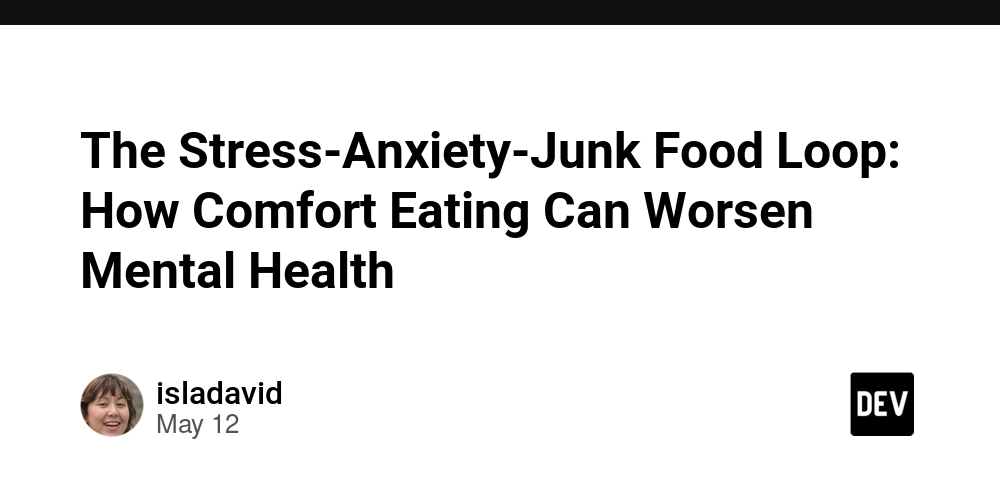
In a world increasingly filled with high-paced work environments, social pressures, and constant digital engagement, stress has become a nearly universal experience. In the face of stress, many people reach for junk food—comforting, salty, fatty, or sugary snacks that promise immediate relief. However, this seemingly harmless habit can come at a steep mental cost. Emerging research and expert opinions point to a troubling cycle: eating junk food while stressed may not only fail to alleviate anxiety but can actually amplify it.
In this article, we’ll explore the biological, psychological, and behavioral reasons why indulging in junk food under stress can worsen anxiety, and what healthier strategies can be employed instead.
The Allure of Junk Food Under Stress
Stress alters our body chemistry in significant ways. When you’re under pressure, your body releases cortisol, the “stress hormone,” which affects your appetite and cravings. Cortisol has been shown to increase the desire for energy-dense foods—those high in fat, sugar, and salt. Evolutionarily, this made sense: our ancestors needed quick fuel to cope with immediate threats.
But in the modern era, the "threats" are rarely physical and usually cannot be outrun or fought off. They are emails, deadlines, bills, and relationship issues. Instead of expending physical energy, we remain sedentary while our bodies prepare for battle, leading to unmet physiological expectations. The sugary soda, bag of chips, or fast food burger becomes a temporary balm—a quick dopamine boost that feels good in the moment but can wreak havoc on mental health over time.
The Vicious Cycle of Anxiety and Poor Nutrition
Stress-eating junk food does more than add inches to the waistline. It disrupts the gut-brain axis—a bidirectional communication network between the digestive tract and the central nervous system. Here's how this cycle unfolds:
1. Gut-Brain Connection
The gut is home to trillions of microbes that play a crucial role in mood regulation. These microbes help produce neurotransmitters like serotonin and GABA, both of which are essential for maintaining emotional stability. When you consume high-fat, high-sugar foods, it can reduce the diversity of your gut microbiota. This microbiome imbalance (called dysbiosis) has been linked to increased anxiety and depressive symptoms.
2. Blood Sugar Spikes and Crashes
Junk food, especially those high in simple sugars, causes rapid spikes in blood glucose levels, followed by equally rapid crashes. These fluctuations can lead to mood swings, irritability, and increased anxiety. Over time, the body becomes more insulin-resistant, worsening the problem and contributing to chronic inflammation—a condition also associated with anxiety disorders.
3. Nutritional Deficiency
A diet high in junk food is typically low in key nutrients that support mental health—such as magnesium, omega-3 fatty acids, B vitamins, and antioxidants. A lack of these nutrients can impair the brain’s ability to manage stress and regulate mood, making anxiety more pronounced and persistent.
Emotional Consequences and Cognitive Dissonance
Beyond biology, there’s also a psychological toll. Many people feel guilty after stress-eating, especially if they are trying to follow a healthy diet or manage their weight. This guilt can lead to a negative self-image, reinforcing feelings of inadequacy or loss of control—hallmarks of anxiety.
Moreover, eating junk food often becomes a form of emotional avoidance. Instead of addressing the root causes of stress—whether it's a toxic workplace, unresolved conflict, or financial concerns—people use food to numb discomfort. This avoidance delays healing and problem-solving, allowing stress to compound over time.
Real-World Evidence and Studies
Several studies support the link between junk food and anxiety. A 2020 study published in the journal Nutritional Neuroscience found that individuals who consumed a high-sugar diet were significantly more likely to experience anxiety. Another 2019 paper in Psychiatry Research reported a strong correlation between processed food consumption and mood disorders in adolescents.
Additionally, researchers from Deakin University in Australia conducted a clinical trial known as the SMILES trial, which demonstrated that dietary intervention (switching from a processed-food diet to a Mediterranean-style diet rich in whole foods) led to significant improvements in depression and anxiety symptoms over just 12 weeks.
Breaking the Cycle: Healthier Coping Strategies
Recognizing the impact of stress-eating is the first step to making a change. Here are several strategies to help break the cycle:
- Mindful Eating Pay attention to what you eat and why you’re eating it. Before grabbing a snack, pause and ask yourself: “Am I actually hungry, or am I stressed, bored, or tired?” Mindful eating helps you make conscious choices and better understand your emotional triggers.
2. Nutrient-Dense Foods
Replace junk food with healthier alternatives. Foods rich in magnesium (spinach, almonds), omega-3s (salmon, flaxseeds), and complex carbs (oats, sweet potatoes) support neurotransmitter function and stabilize mood.
3. Exercise
Physical activity is a natural anxiety reducer. Even a 20-minute walk can release endorphins and improve your ability to cope with stress.
4. Sleep Hygiene
Lack of sleep intensifies cravings for junk food and weakens emotional resilience. Prioritizing good sleep hygiene—consistent bedtime, reduced screen time, and calming pre-sleep rituals—can help reset your stress response.
5. Professional Support
If anxiety feels unmanageable, therapy or counseling can provide valuable tools for coping. Cognitive-behavioral therapy (CBT), for instance, can help identify thought patterns that lead to emotional eating and replace them with healthier habits.
Conclusion: Comfort Food Isn't Always Comforting
While it’s normal to occasionally reach for a chocolate bar or fast food meal under stress, making it a regular habit can fuel a dangerous feedback loop. The short-term pleasure of junk food consumption is quickly overshadowed by long-term consequences for both physical and mental health. Understanding how our dietary choices influence our emotional state empowers us to break the cycle.
By tuning in to our bodies, feeding our brains with nutrient-rich foods, and addressing stress head-on, we can reduce anxiety and reclaim control over our emotional well-being—without the crutch of junk food.




















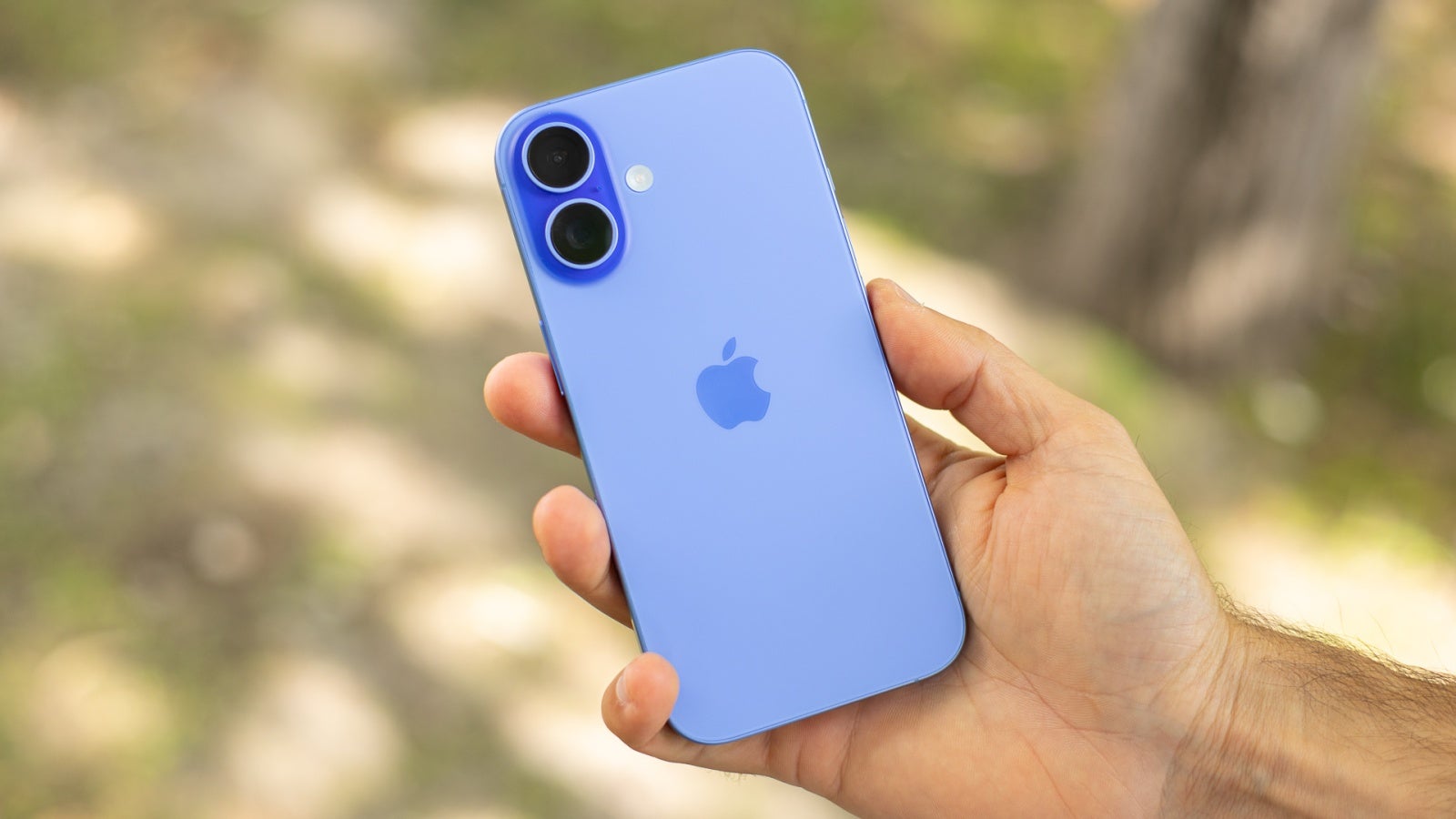
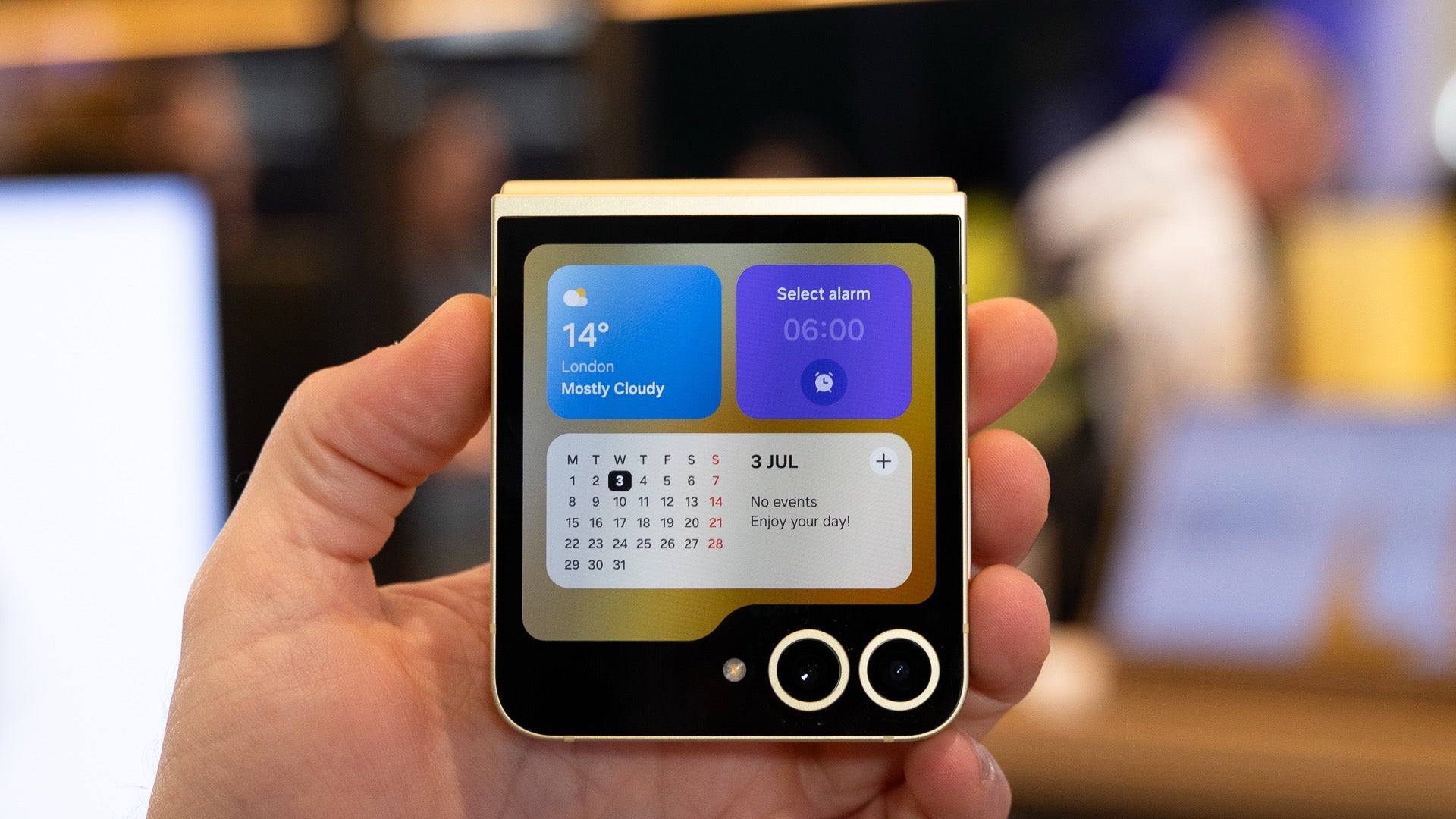







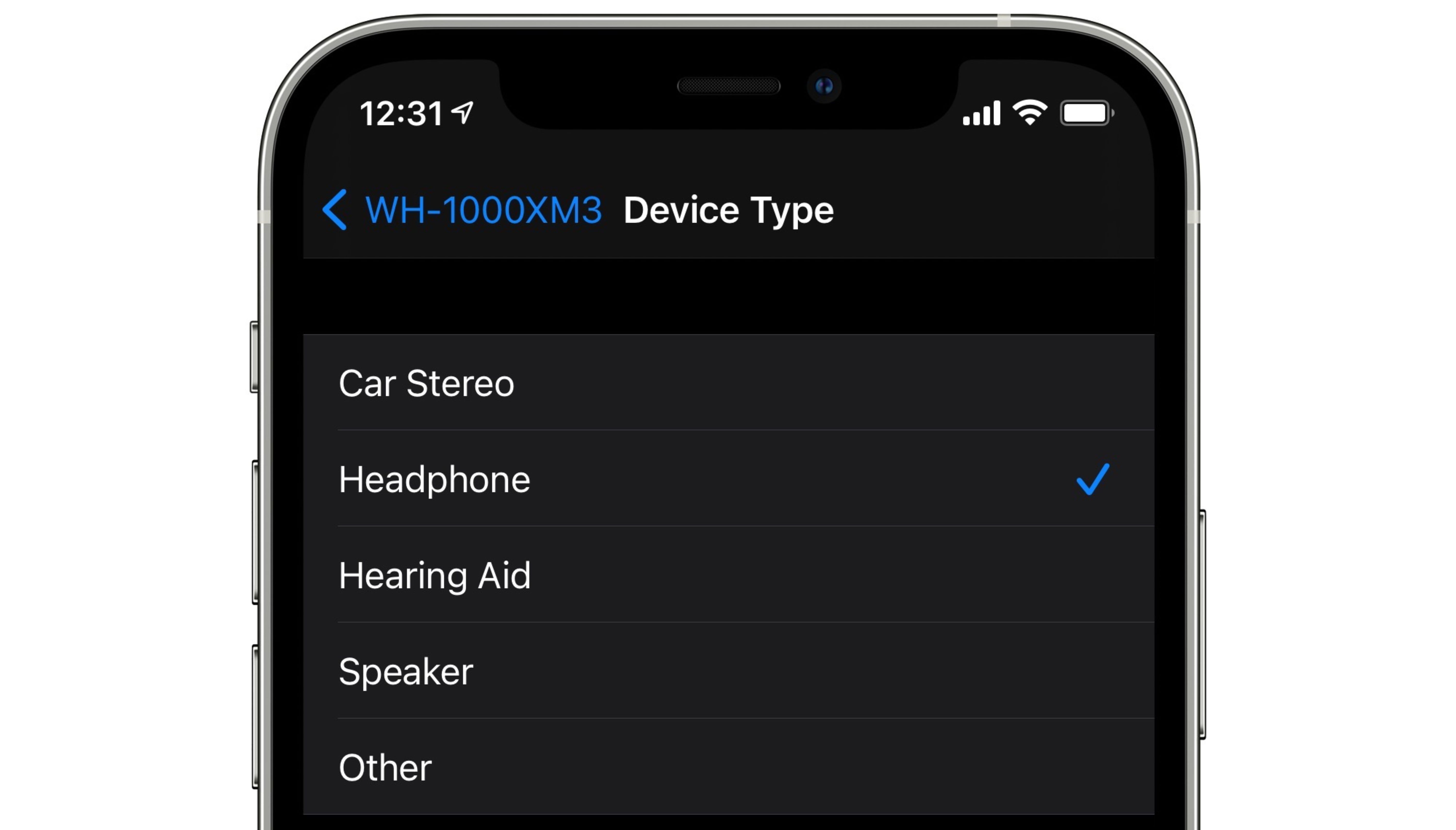

















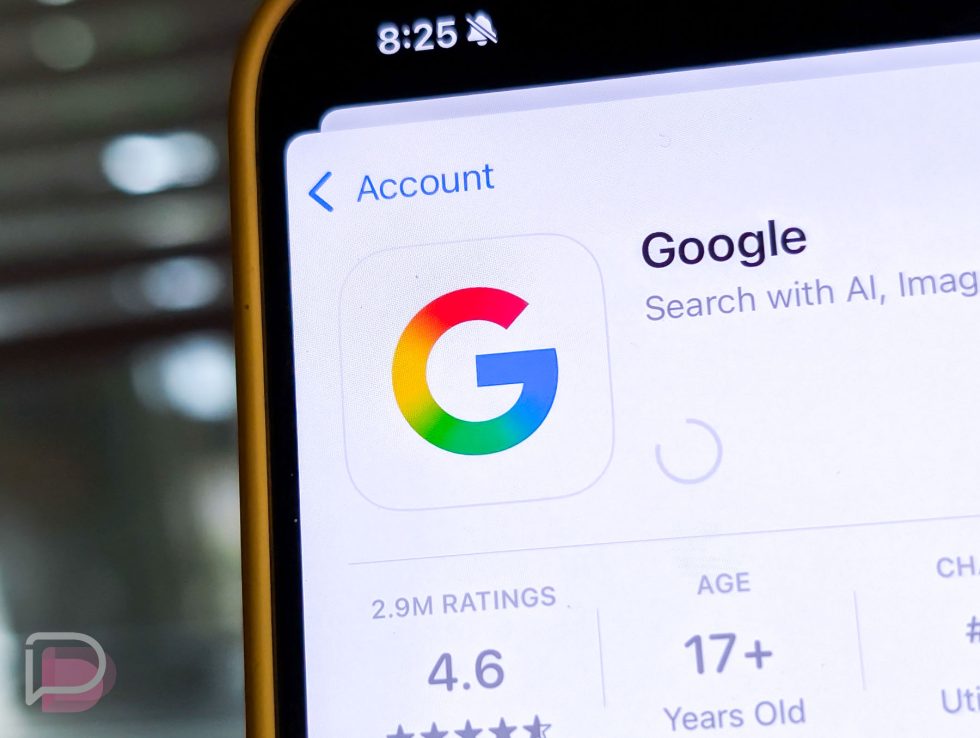








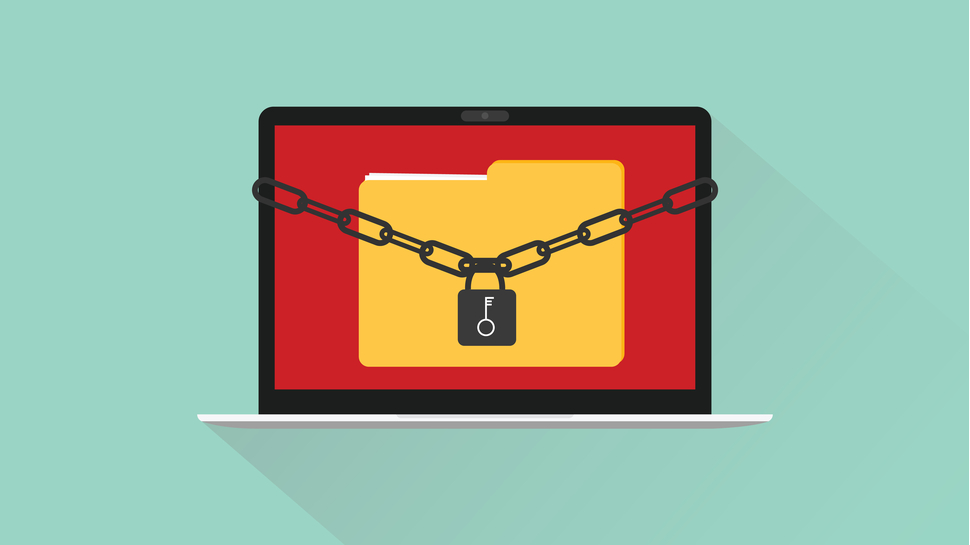

















![Apple iPhone Exports From India Surge 116% [Report]](https://www.iclarified.com/images/news/97292/97292/97292-640.jpg)
![Apple Shares New 'Mac to School' Ads: Pointed, Mirrored, Dropped In [Video]](https://www.iclarified.com/images/news/97295/97295/97295-640.jpg)
![Apple Drops New Trailer for 'F1' Starring Brad Pitt [Video]](https://www.iclarified.com/images/news/97296/97296/97296-640.jpg)
![Apple Shares 'Last Scene' Short Film Shot on iPhone 16 Pro [Video]](https://www.iclarified.com/images/news/97289/97289/97289-640.jpg)





















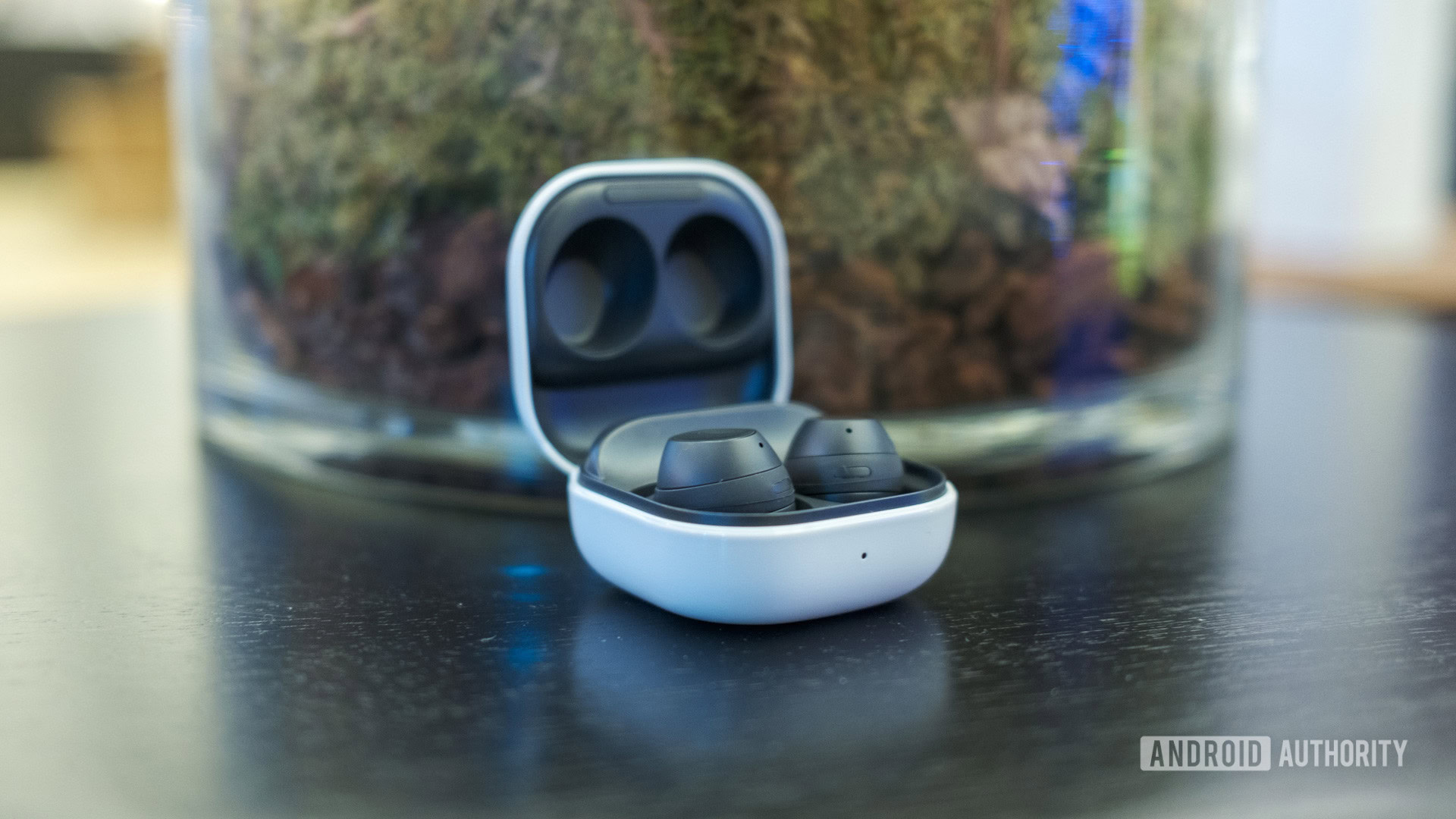
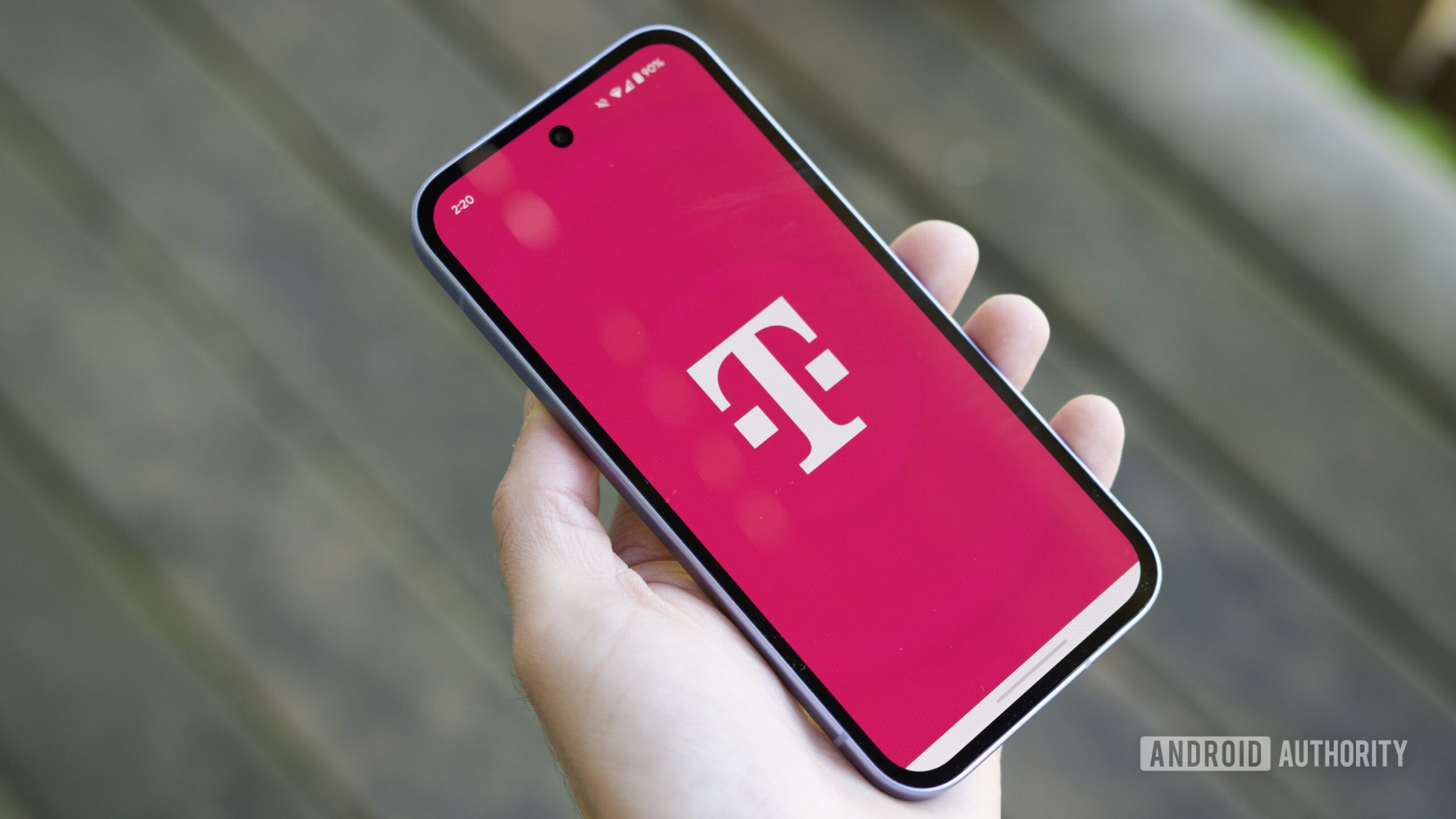
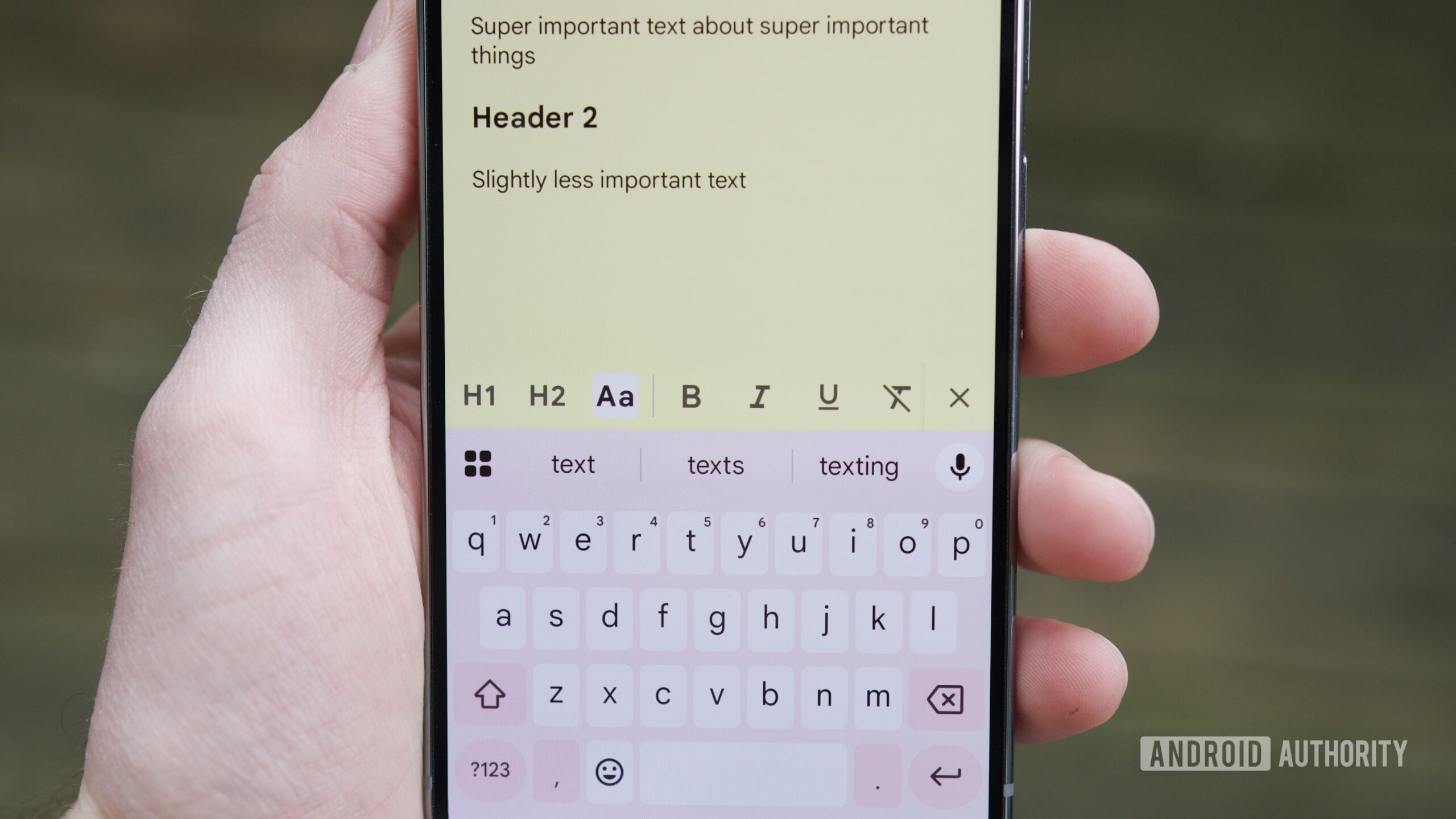


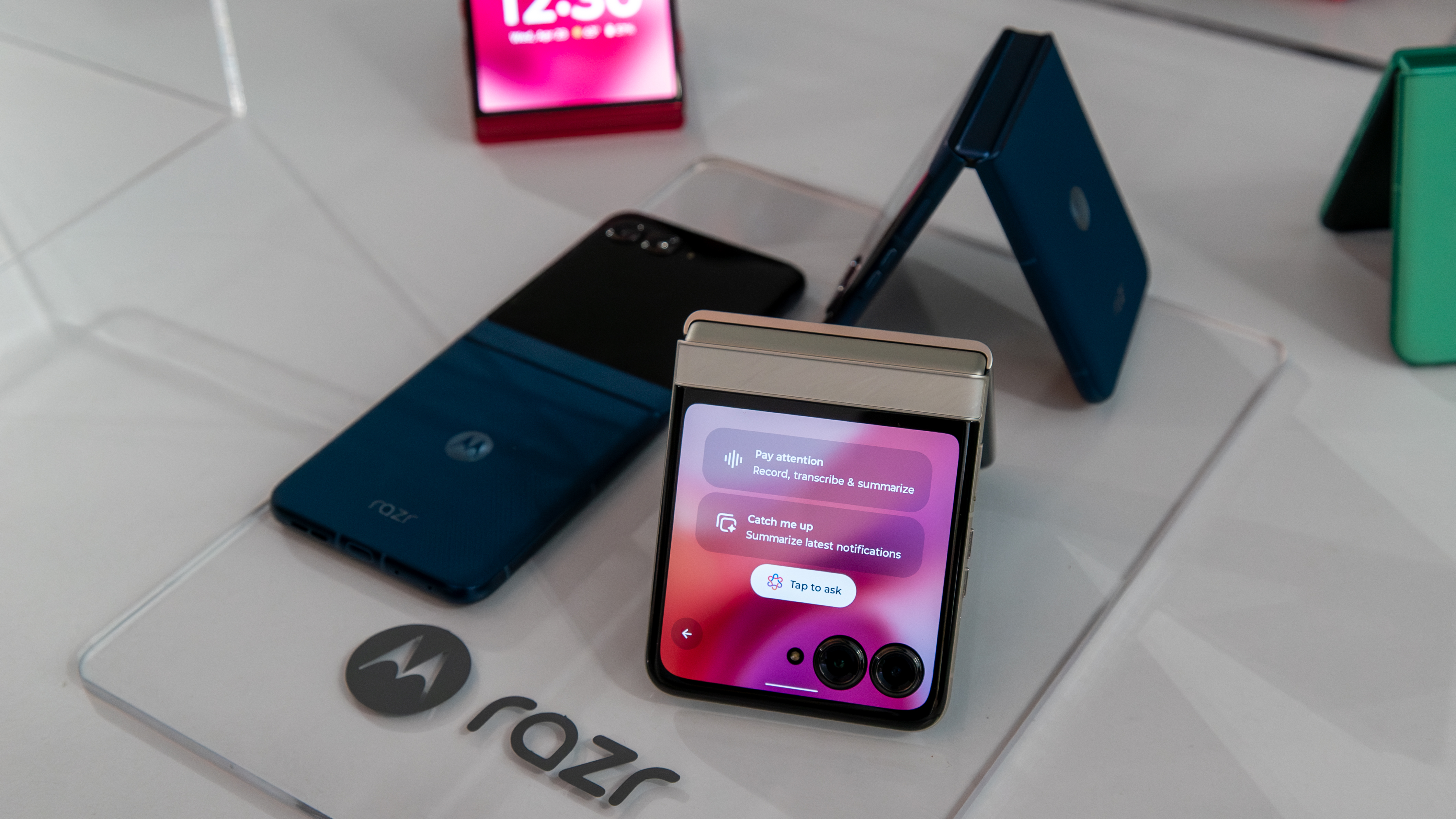








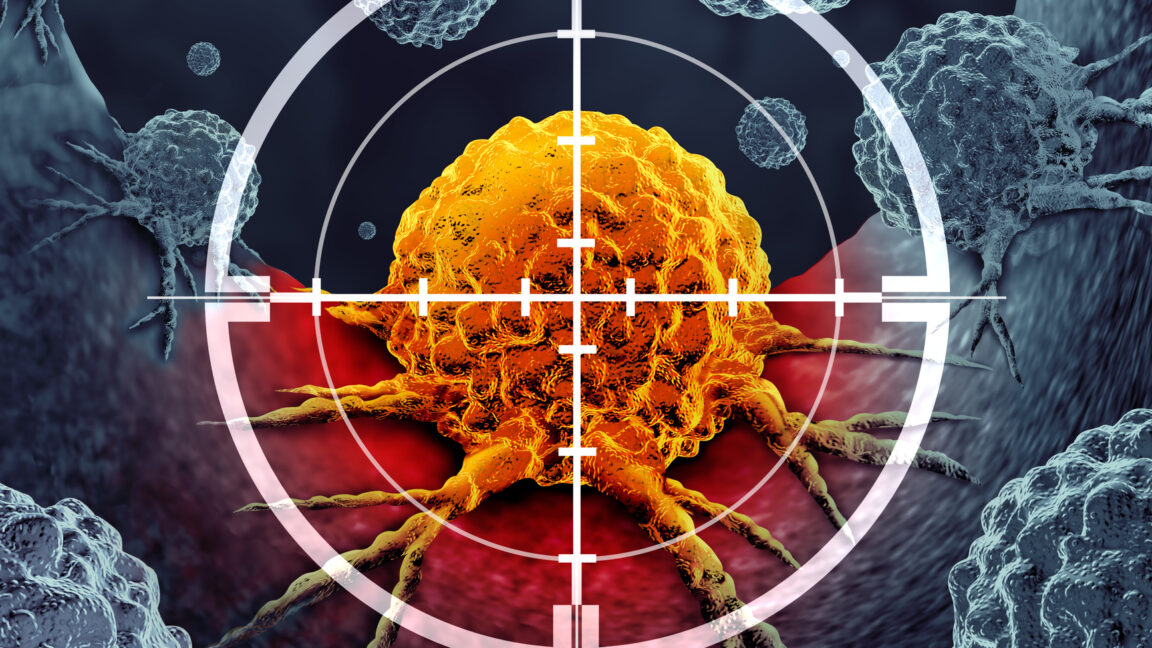







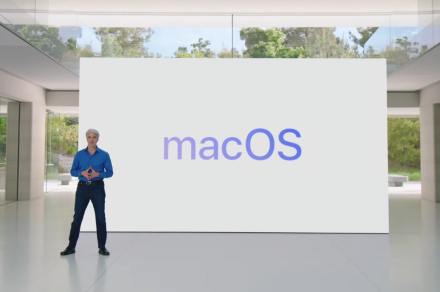














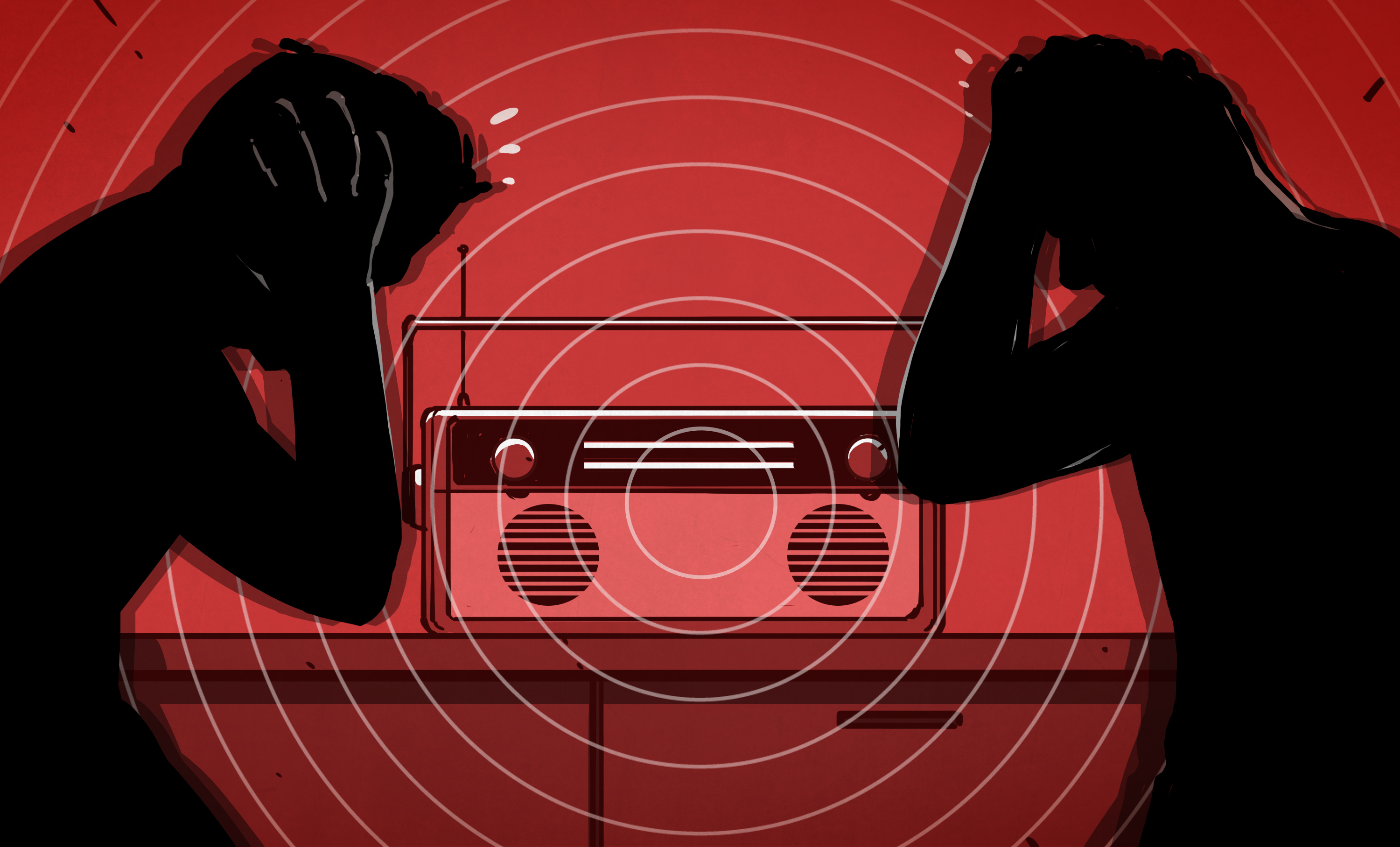




















































_designer491_Alamy.jpg?width=1280&auto=webp&quality=80&disable=upscale#)


































































































































































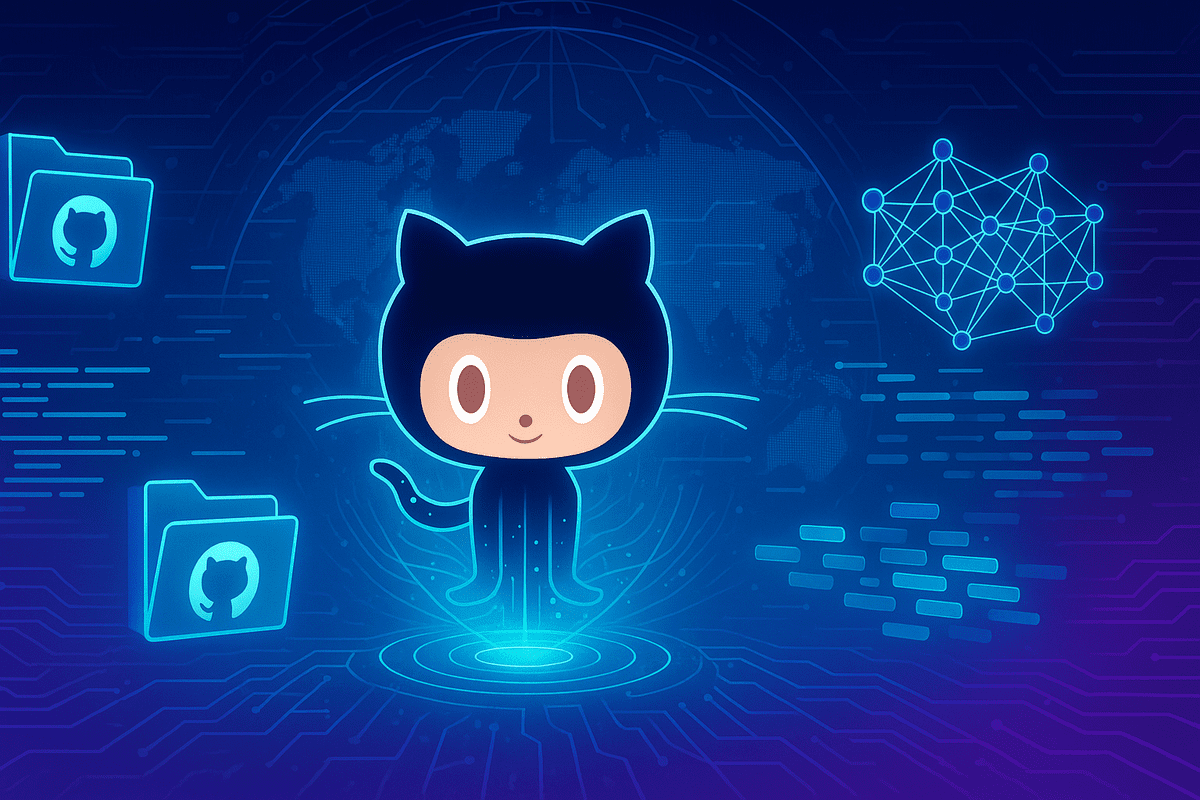





































































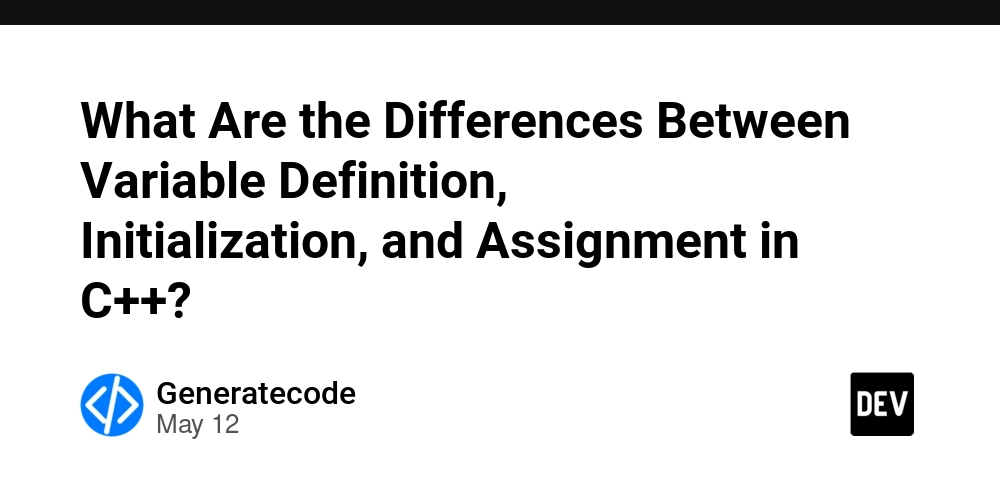












































![Ditching a Microsoft Job to Enter Startup Purgatory with Lonewolf Engineer Sam Crombie [Podcast #171]](https://cdn.hashnode.com/res/hashnode/image/upload/v1746753508177/0cd57f66-fdb0-4972-b285-1443a7db39fc.png?#)

























-Tony-Hawk's™-Pro-Skater™-3-+-4-Reveal-Trailer-00-00-27.png?width=1920&height=1920&fit=bounds&quality=70&format=jpg&auto=webp#)






.jpeg?#)






























































